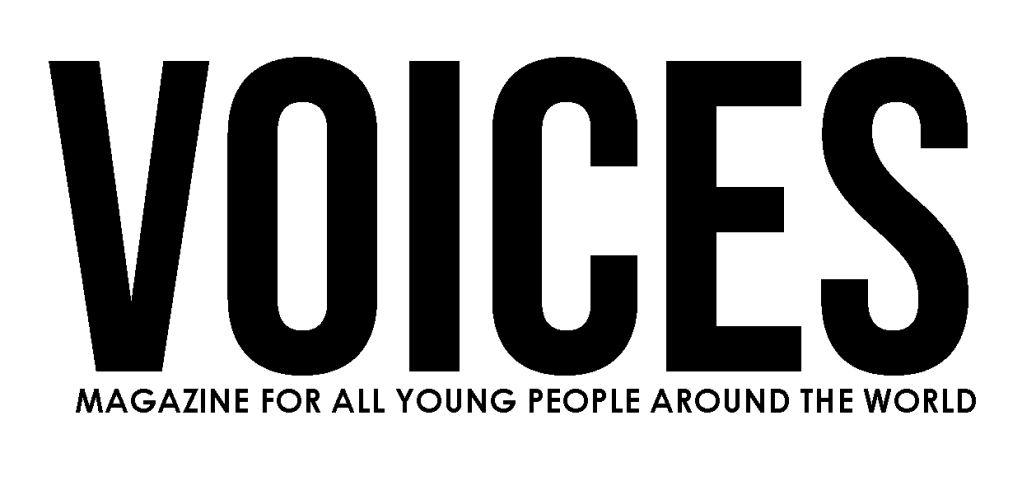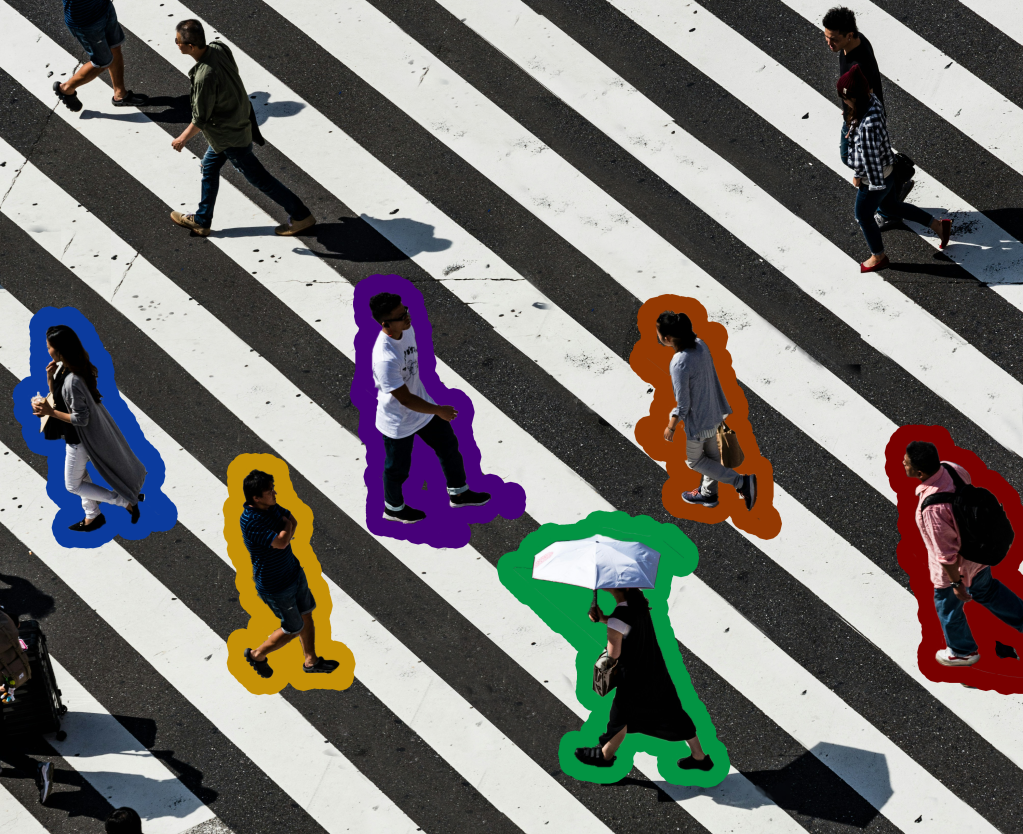The shirt you’re wearing is 80% acrylic, 20% cotton. The online test told you that you’re 80% extrovert, 20% introvert. Are we really that simple?
People have a strange habit of putting others into groups based on random things, giving them labels, and then… judging them because of these labels. Boomers, Millennials and Gen Z. Zodiac signs. MBTI personality types. Samsung versus Apple users. Console versus PC gamers. Don’t even get me started on alpha and beta males thing… Why do we love labels so much? Let’s talk about whether it’s a good or a bad thing, and jump into our brains for a second!
The problem with labels
The more “boxes” we create, the more we divide people. The more people are divided, the more conflicts arise… However fun being a part of a club is, we really don’t need any more “us versus them” situations in our society.
And the thing is, labels are never 100% accurate. They oversimplify complex personalities, kill the uniqueness and work as self-fulfilling prophecies. In everyday rush we forget about it, and start to think through stereotypes. It’s fun to joke around about zodiac Scorpios being a bit crazy or Leos always wanting attention. But when the jokes go a bit too far…
Let’s take generations as an example. Whether you’re a Millennial, Gen Z or something else is based on your date of birth. Yes, living during a specific time period and experiencing particular historical moments defines our lives in some way. But this innocent distinction somehow turned into seeing Boomers as entitled know-it-alls, Millennials as a definition of cringe, and Gen Z as chronically online individuals with no social skills. The truth is that in every generation you can find people that fit in every single one of these stereotypes. If you meet someone, and the only thing you know is their age, you still know nothing about their behaviour and personality. People are way too diverse to judge a specific person based on a general group they belong to. Unfortunately, sometimes people take things to extreme – that’s where making harmful assumptions and discrimination starts. It’s annoying, damaging, and stops us from really getting to know each other.
Why do we do this?
Is the thought of something simply just existing without any definition… scary? Why? Well, from a practical point of view, it makes a lot of sense.
Our brains are constantly bombarded with tons of information – now more than ever. It’s not surprising that they try to make processing all of it easier. Labels help us organize complex information by grouping similar things together. This way it’s easier to understand or remember it. Imagine going back to biology classes. Learning about the characteristics of every single animal that exists would be a nightmare, right? By categorizing them into groups such as mammals, reptiles or birds, you’re able to simplify the information. For instance, when you learn that all mammals give birth to live young and nurse their offspring with milk, it becomes easier to remember the traits of specific mammals like cats, dogs, and humans.
But labels help not only our brains, they also play an important role in our communication and social life! For example, by grouping people according to their occupation or personality traits, it’s easier to assume what skills they have or how they’re going to behave. When someone is labelled as “a painter” in your mind, it’s likely that you can ask them for advice about the type of paint to use for your new project. While planning a hangout with your friend, you’ll remember that they’re an introvert, so a chill movie night at home will be a better idea than going to a crowded party. Unfortunately, this can quickly lead to harmful stereotypes, which I mentioned before. Making assumptions is in human nature, but don’t rely solely on them – it’s always a great idea to ask about someone’s capabilities and preferences.
Finding a category to put yourself into has one more, important benefit – it gives you a sense of belonging, feeling a part of a group. It’s something that most of us strive for, and the reasons are very primal. Going many, many years back in time, living in a group always meant more safety, easier access to food, and better chances of passing your genes to next generations. It might not seem as relevant in current times, but it’s still deeply coded into our instincts. Plus, being a part of a group helps us define who we are and get the approval from like-minded people. Let’s say you took the MBTI test and you turned out to be an ENTJ (Extraverted, Intuitive, Thinking, Judging). You might not agree with the whole description of this personality type, but there are a few points that are surprisingly true, and you haven’t thought about them before. This taught you more about yourself and maybe made you feel less alone in your differences, because hey, there are other ENTJs out there, who see the world from your perspective. There’s just something so satisfying about having ‘that’s so me’ moment, even if it’s just from looking at memes about typical behaviours of different MBTI types or zodiac signs, right?
So, what’s the solution?
I have a love-hate relationship with labels. They are useful, and I don’t think we’re going to lose a habit of using them any time soon. But some part of me feels like we’re a bit too obsessed with trying to define everything. Some things just exist. And I believe that we, people, should simply just exist in the first place too.
I’m not going to tell you “just be yourself!” – I know you’ve already heard it a million times. Instead, I’m asking you to notice the labels you put on others and yourself. Whenever you think about someone by classifying them as a part of some group – and maybe automatically assigning them a specific trait or behaviour because of that – just stop for a moment and note it in your mind. Don’t be hard on yourself, just notice this fact. With time, you’ll get more mindful about the way you think, and – hopefully – you’ll realize that we are much more complex than not-so-accurate labels we tend to give ourselves.
Anna Wojdziak
Sources:
Correll, J., & Park, B. (2005). A model of the ingroup as a social resource. Personality and Social Psychology Review, 9(4), 341-359.


Leave a comment